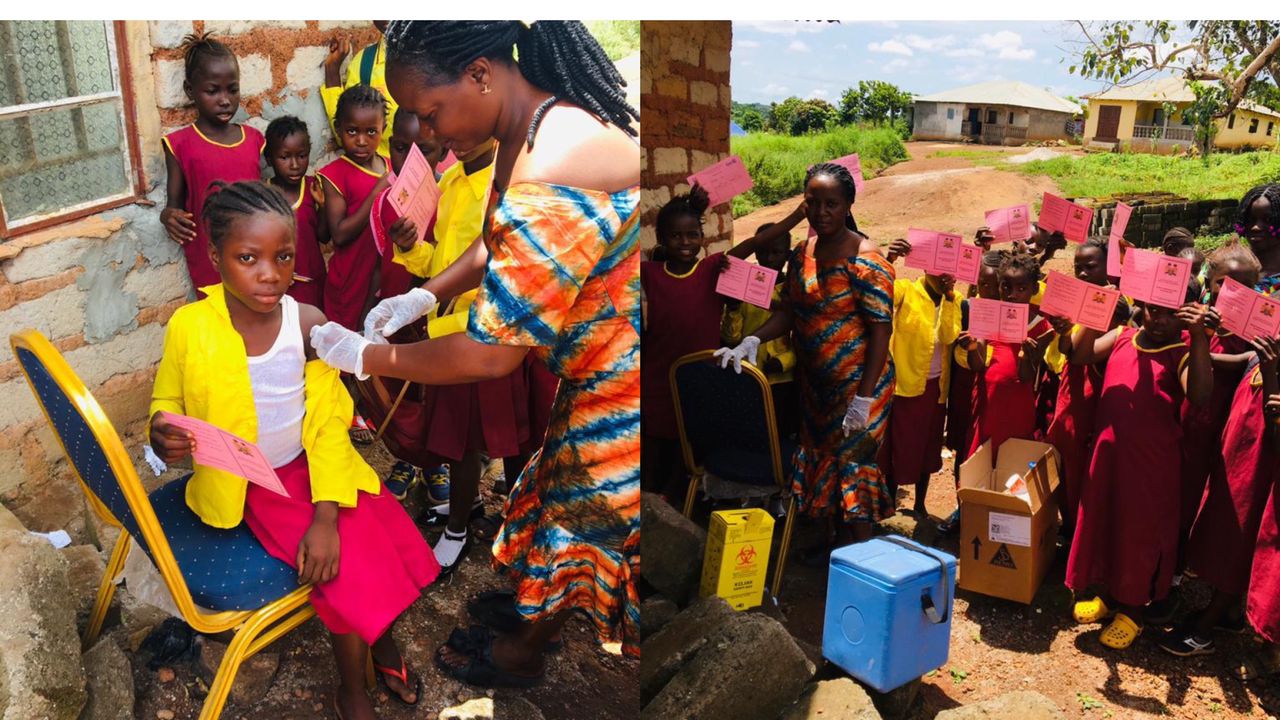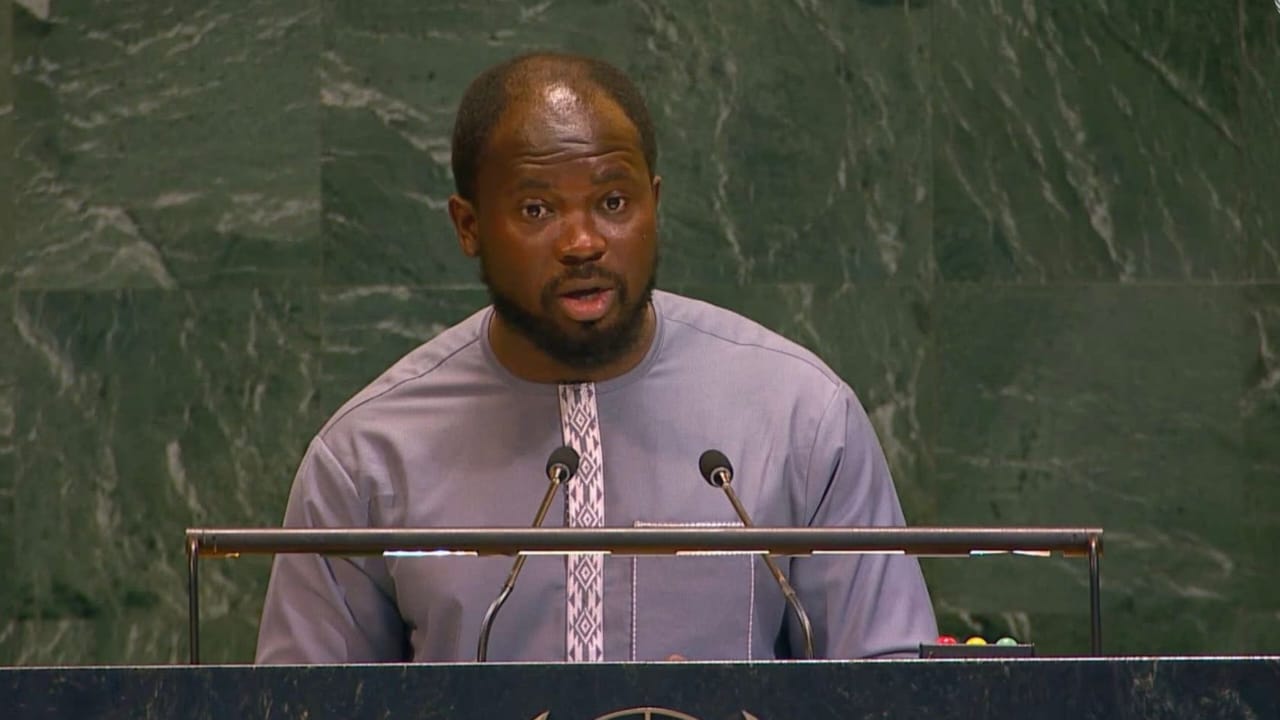By: Sulaiman Stom Koroma.
The Government of Sierra Leone introduced the Human Papillomavirus (HPV) vaccine which was launched On 3 October to reach 153,991 girls who have reached puberty, to protect them against the human papillomavirus, or HPV, which causes cervical cancer. This vaccination exercise is a strategy that the Government is implementing for cervical cancer elimination in the country.
Read also:
FOCUS 1000 was active in the mobilization process, working collaboratively with the Ministry of Health and Sanitation, the Ministry of Basic and Senior Secondary Education, and the National Kombra Network with Support from MSD Animal Health, to engage and create awareness on the significance of the vaccine. “We have been engaging communities, schools, churches, mosques, and other hard-to-reach areas to inform them about the vaccination process and to dispel misinformation on the vaccine. The turnout shows the hard work we have put together to ensure parents bring out their children under the age category for vaccination”. Mohammad B. Jalloh, CEO, FOCUS 1000.
The vaccination exercise was done nationwide through schools and communities, targeting 153,991 10-year-old girls, who will each receive two doses over six months. The HPV vaccine is a safe tool to protect women and girls against HPV and the risk of cervical cancer.
Globally, cervical cancer is the fourth most common cancer among women with an estimated 266,000 deaths and 528,000 new cases each year. Around 85 percent of the global burden of cervical cancer occurs in lower-income countries. In Sierra Leone, cervical cancer is the 2nd most frequent cancer among women. It is believed that the introduction of the HPV vaccine is a milestone in protecting the health of girls and reducing their risk of future illness.
“We also used this campaign to increase education on cervical cancer screening and treatment services for women. Even after this campaign exercise, designated hospitals all over the country are always open to responding to questions surrounding cervical cancer, and to also administer the vaccine”. Mohammad B. Jalloh said.
According to the Ministry of Health and Sanitation, the HPV vaccine was given to girls at an early age to protect them before they are exposed to the disease, which is transmitted through unprotected sex. More than 1,400 teams of health workers, community mobilizers, school authorities, and teachers were trained to facilitate the successful implementation of the vaccination exercise.
More than 55 percent of the 194 WHO Member States have introduced HPV vaccination, however in West and Central Africa the HPV vaccine has been introduced in only eight countries.








